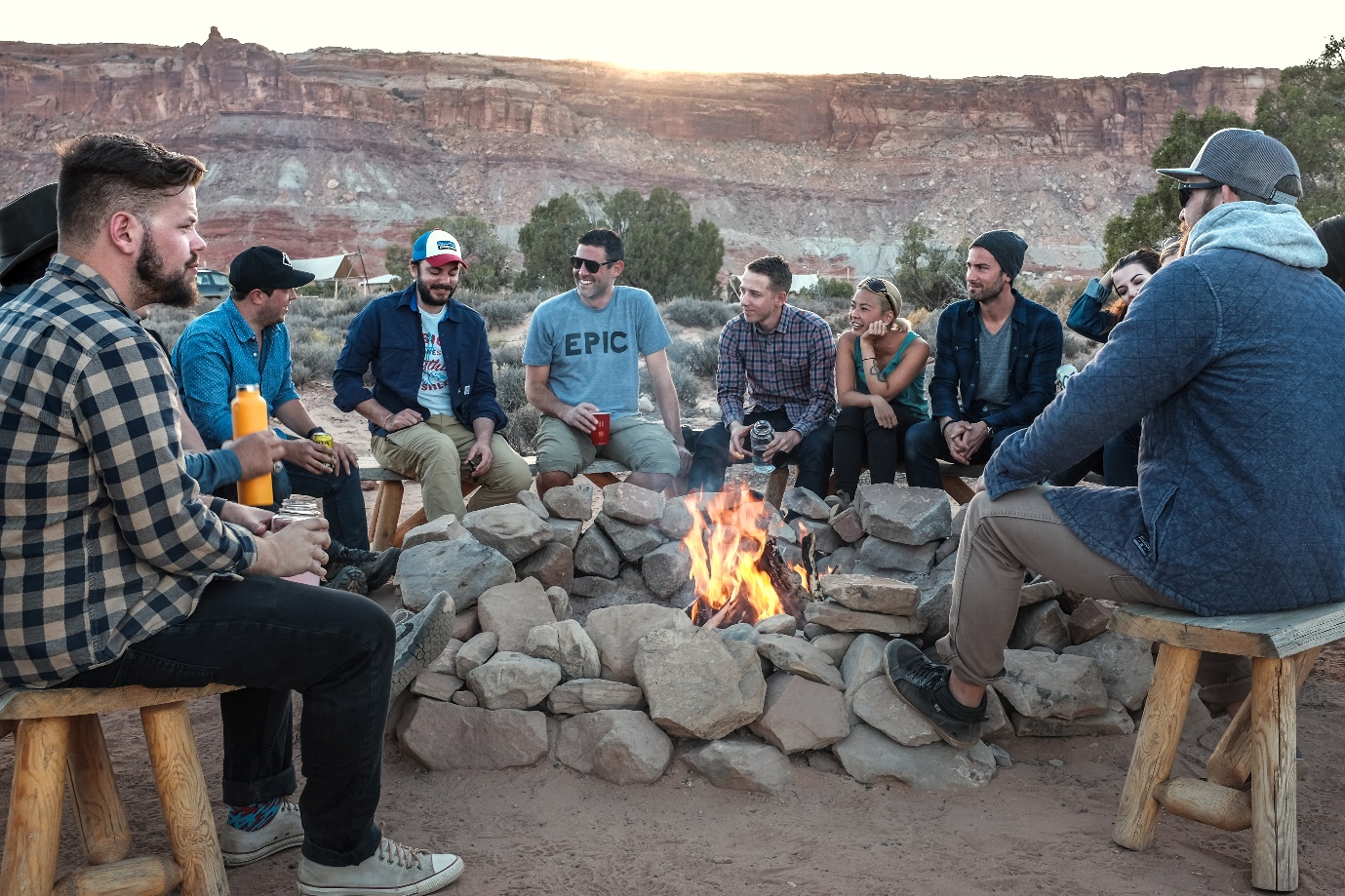
Tips for Avoiding Relapse
Addiction recovery is not an event. It’s a life-long journey.
Unfortunately, sometimes on that journey, recovering addicts relapse. This can be a disappointing time for them and their families. That’s why you must be proactive about relapse prevention.
What is a Relapse?
A true relapse is a return to the behaviors that would qualify a person who is in recovery to be re-diagnosed with their previous condition. This is not to be confused with a lapse which is a temporary slip from abstinence. Lapses can be self-corrected by the individual.
In the event that you relapse, don’t give up. Relapse is not the end. Statistics show that the chances of relapsing are 40-60%. That’s because staying sober is tough. That’s why drug and alcohol programs exist – to increase your chances of beating your addiction.
5 Tips to Avoid Relapse
Drug and alcohol treatment programs are a great place to get help from addiction problems. But to truly beat your addiction, you must also put in measures to ensure you never relapse. Here are 5 tips to help you avoid relapse:
1. Remove Temptations and Avoid Triggers
Once you make a decision to be sober, you must remove all temptations that can lead you down the path to relapse. Take it a step further and determine to avoid triggers at all costs. Triggers are the situations, places, or conditions that elicit the desire and cravings to use again.
2. Embrace a Healthy Lifestyle
Research shows that regular aerobic exercise reduces the chances of a person going into relapse. This is because exercise improves brain chemistry and releases feel good hormones, thereby making you feel happy and fulfilled without having to resort to substance abuse. Apart from regular exercise, maintain a healthy diet and make sure to get enough sleep. A healthy body will give you the physical and mental strength to fight off cravings.
3. Design a Regular Routine and Stick to It
One of the best ways to avoid going into relapse is to create a routine and stick to it. This will help keep your mind busy, thereby mitigating the risk of you thinking about indulging in a your former favorite substance.
4. Attend Therapy/Counseling Sessions

No matter how long you’ve been sober, it’s always a good idea to regularly attend therapy/counselling sessions. Not only do they help you have the resolve to soldier on, but they also help affirm you for the steps you’ve taken. This encouragement is crucial to help you continue on the path of sobriety.
5. Join a Support Group
The journey to sobriety is not a solo trip. It’s a group trip. That’s why you must join a support group. The support you get from both the counsellers and group members is instrumental in helping you stay strong – particularly in times when cravings seem to want to get the better of you.
Relapse Is Not the End
As heart-shattering as it may be, relapsing is not the end of the road. It’s simply part of the journey – albeit an unpleasant one. To increase your chances of avoiding it, make sure to follow the tips above. And remember, you can’t walk this path alone. You must engage professional help to help you overcome. Feel free to reach out to us and together we’ll walk the path to your victory.
Sources:








